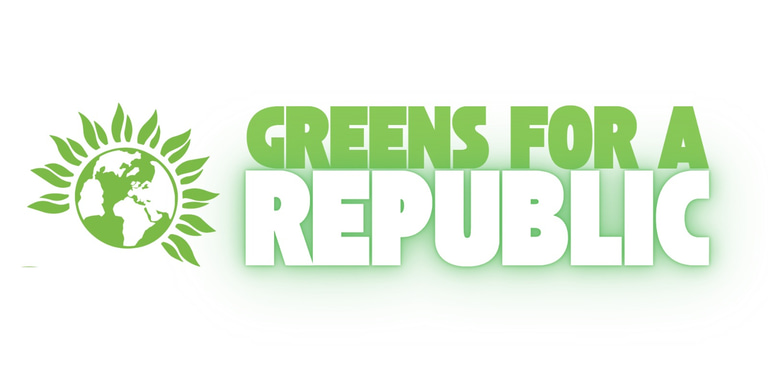Why is BBC bias a problem?
The BBC is unashamedly pro-monarchy. In a country where republicanism is on the rise, here is why its bias is wrong:
10/9/20252 min read
BBC media bias is problematic for several reasons, as it can distort public understanding, erode trust, and undermine democratic processes. Here’s a closer look:
1. Distortion of Information
Media bias can lead to the selective presentation of facts or events, which skews the audience’s understanding. Important issues may be downplayed or exaggerated to fit a particular agenda, leaving individuals with an incomplete or misleading picture of reality.
Example: Philip’s racist comments were dismissed as “gaffes”
2. Polarisation
Biased media often fosters division by reinforcing pre-existing beliefs and alienating opposing viewpoints. This can contribute to societal polarisation, making it harder for people to engage in constructive dialogue or reach consensus on key issues.
Example: sweeping statements such as “the whole nation is mourning the death of the Queen”
3. Erosion of Trust
When media outlets are perceived as biased, public trust in journalism declines. This skepticism can spread to other institutions, leading to cynicism about governance, politics, and even factual information.
Example: the BBC barely mentioned protests and heavy handed arrests during the Coronation. For the BBC, it was all about promoting pomp and pageantry.
4. Manipulation of Public Opinion
Media bias can be used to manipulate public opinion by shaping narratives in favour of specific ideologies, political parties, or interest groups. This undermines the audience’s ability to make informed decisions.
Example: the BBC loves pushing trivial royal stories - from William playing with puppies to Charle’s playlist (follow daily_commoner on Instagram for many more examples!). Where are the journalistic investigations into royal money hidden offshore, alleged crimes against nature on royal land or abuses of power?
5. Undermining Democracy
- A well-informed citizenry is crucial for a functioning democracy. Media bias disrupts this by presenting partisan or ideologically slanted information, which can mislead voters and influence policy debates unfairly.
Example: Newsround only shows our children happy stories about royals e.g Camila reading poems and school children singing a coronation song. What about the grotesque nature of making children in poverty colour in pictures of golden carriages?
6. Marginalisation of Voices
Biased media amplifies dominant perspectives while silencing or marginalising minority voices. This creates an unequal platform for discourse, hindering diversity and inclusivity.
Example: the BBC often snubs republican voices and ignores protests.
7. Spreading Misinformation
Bias can blur the line between factual reporting and opinion, leading to the spread of misinformation. This is especially dangerous in the age of social media, where biased content can quickly go viral.
Example: The BBC did a great job of trying to downplay “Kategate” before her video revelation
Addressing media bias involves promoting transparency, critical thinking, media literacy, and ethical journalism to ensure that information is accurate, balanced, and fair.
Greens For A Republic members monitor BBC stories and send in complaints via Republic’s website.
If you want to get involved, click the link below!
